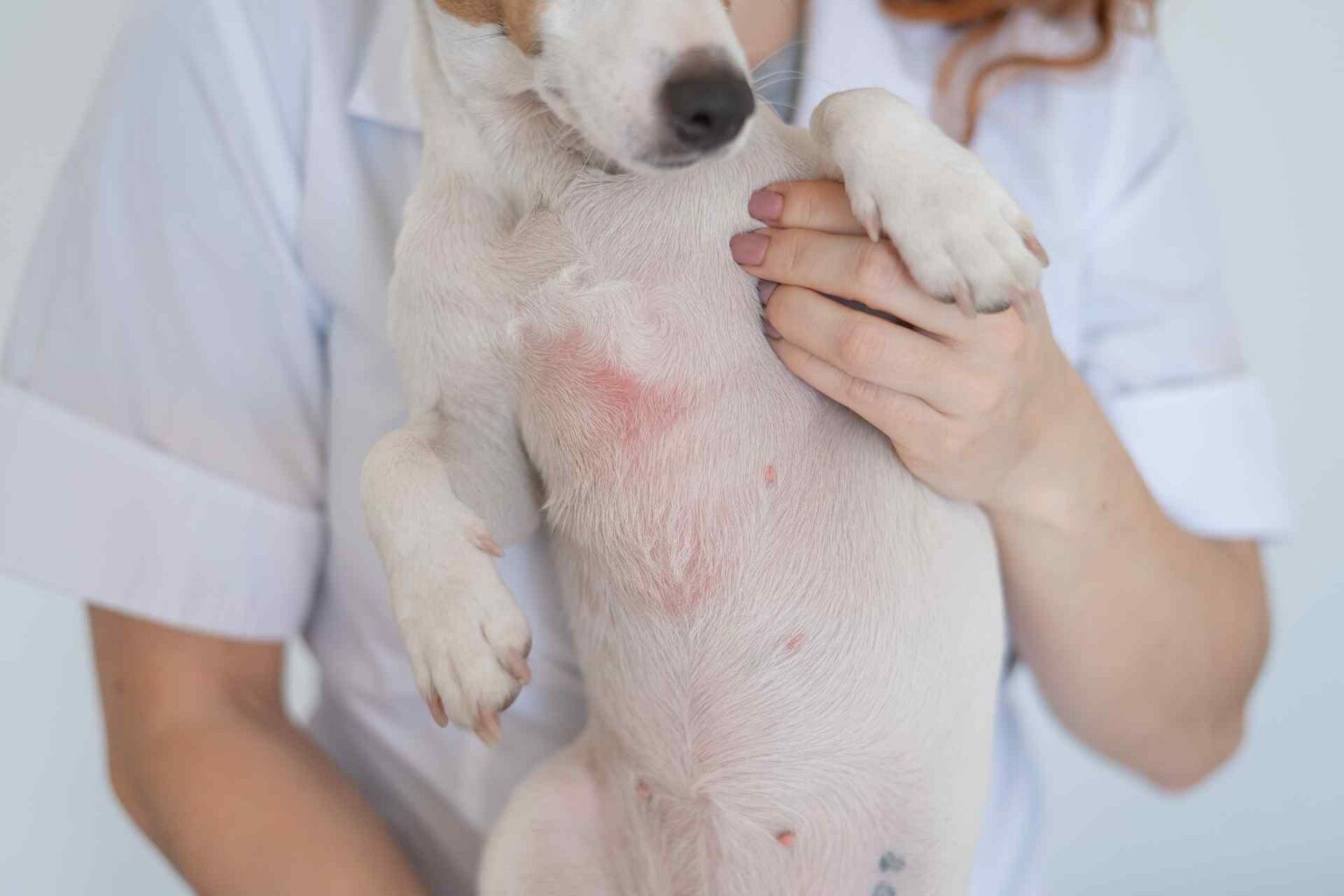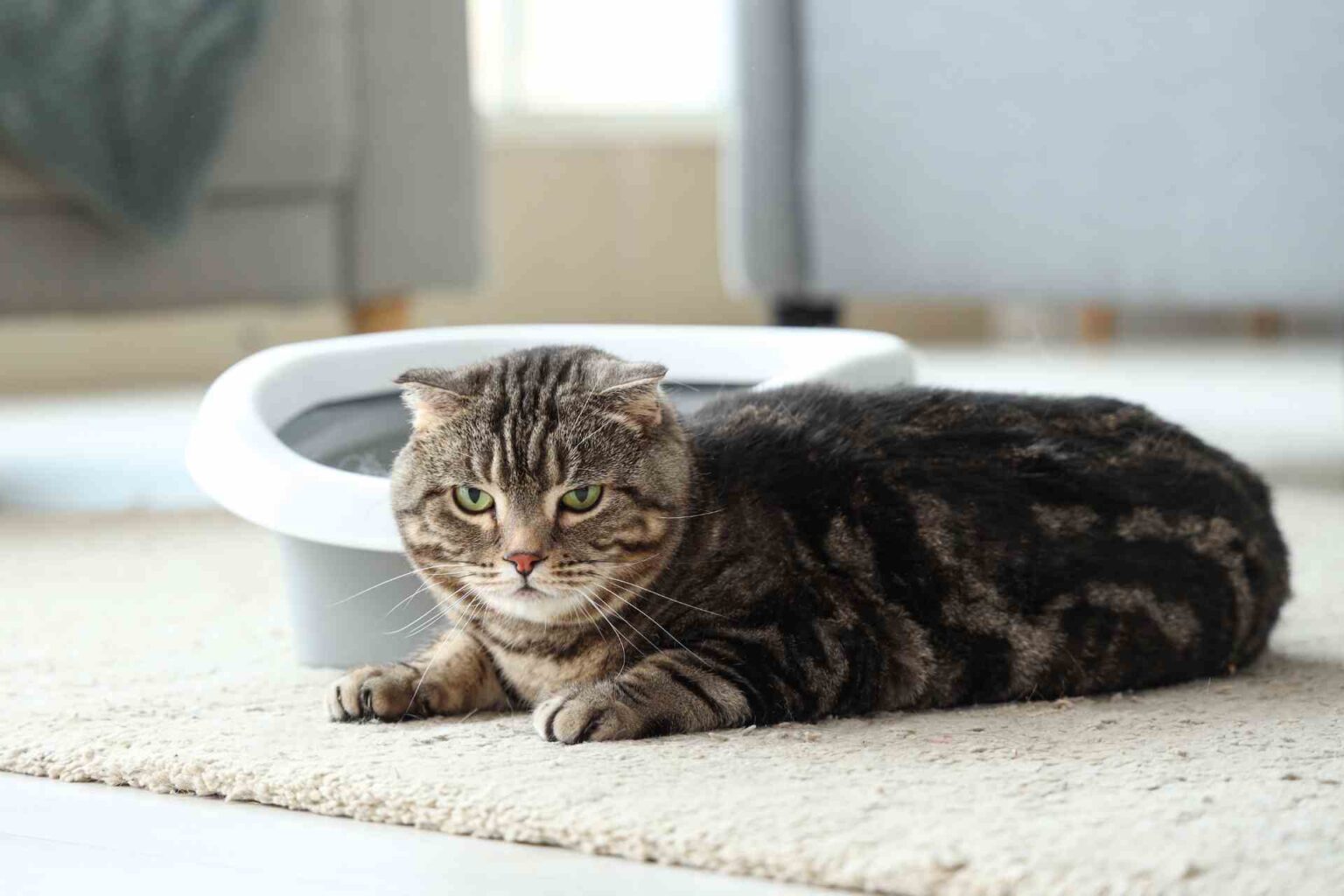The welfare and longevity of pet dogs are among the top concerns for dog owners today, since, particularly in today’s society, these animals are often considered full members of the family.
Overweight and obesity represent conditions that can affect their health because excess adiposity can cause chronic diseases that are potentially dangerous to longevity and quality of life.
Globally, the prevalence of overweight in dogs is around 30-40%, but it seems that these figures are likely to increase. The cause of this phenomenon is thought to lie in the sedentary lifestyle that is often shared between dogs and owners; thus, this trend follows the increasing trend of overweight and obesity conditions in humans.
Diet and microbiota
Nutritional management is important to keep dogs in optimal health, and diet affects not only body weight but also the composition of the gut microbiota.
The relationship between alterations in the gut microbiota and overweight in humans has been well established; however, this correlation, until now, has been little studied in dogs.
In humans with an obesity condition, a dominance of the phylum Firmicutes over the phylum Bacteroidetes has been demonstrated in the gut, and since the human and canine gut microbiota have similarities, this change in proportion could also be relevant to dogs.
The relative proportions of these phyla, commonly described as the ratio of Firmicutes/Bacteroidetes (F/B), turn out to be important in harvesting energy from the diet.
A high F/B ratio is a trait associated with the gut microbiota of overweight humans, to date, however, only a few studies done on overweight dogs have reported this same finding.
So the microbial profile changes
Given the paucity of studies on differences related to gut microbiota in dogs with different fitness, the study by Söder et al. aimed to compare the composition and temporal changes of the gut microbiota in healthy, lean and overweight Labrador retrievers dogs by analysis of fecal samples.
The authors conducted ananalysis based on 3 stool samples, collected over a 10-day period, from each of the 27 healthy Labrador retriever dogs included in the study. Among them, 12 were classified as thin (BCS, body condition score, 4-5 on a 9-level scale) and 15 as overweight(BCS 6-8).
The results of the study showed that according to various statistical analyses (PCoA, ANOSIM, IndVal) using theOperational Taxonomic Unit (OTU) parameter, there were no significant differences between lean and overweight dogs in terms of gut microbial taxa at the phylum, family or genus level.
Short-term stability of the gut microbiota, assessed by the similarity index, did not differ between lean and overweight dogs in the 10-day period analyzed.
The F/B ratio was 3.1±3.7 in overweight dogs and 2.1±1.2 in lean dogs. In the study, therefore, the group of overweight dogs had a higher average F/B ratio than the group of lean dogs.
This seems to echo data that are known in the literature in humans, where it has been shown that in overweight individuals the composition of the gut microbiota shifts toward a higher relative abundance of Firmicutes, with higher F/B ratios.
At present, in dogs, the extent to which the F/B ratio is related to weight gain is unclear . Instead, there is some evidence that seems to relate this ratio to diet: some studies indicate that the proportions of fiber and fat in the diet could influence the F/B ratio in the canine gut microbiota.
Other data from Söder’s study showed that individual dogs, regardless of body condition (fit or overweight), had variations in alpha diversity and similarity index, related to species present in the gut microbiota.
Conclusions
The study by Söder et al. showed that between healthy lean and overweight dogs belonging to the Labrador retriever breed, there were no differences in composition, microbial diversity and short-term (10-day) stability at the level of gut microbiota.
Future studies including a larger number of individuals, a larger BCS delta, and a longer study period could provide additional data and even more detailed information. In addition, the use of metabolomics andmetagenomics techniquesmay be contemplated in future research in order to study microbial genes and/or their end products that may differ even when gut microbiota composition analyses do not detect significant differences between dogs with different BCS.
Reference
Söder J, Wernersson S, Höglund K, Hagman R, Lindåse S, Dicksved J. Composition and short-term stability of gut microbiota in lean and spontaneously overweight healthy Labrador retriever dogs. Acta Vet Scand. 2022 Mar 28;64(1):8. doi: 10.1186/s13028-022-00628-z.











